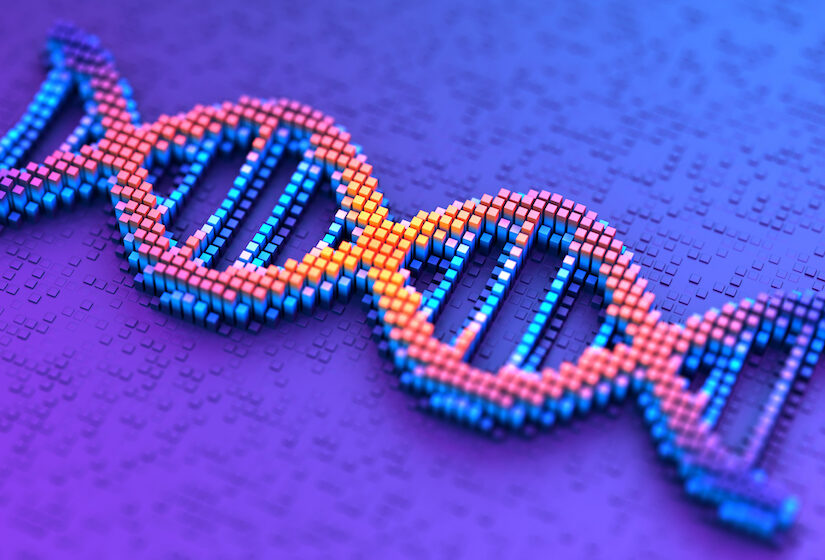New research reveals how gut microbiome metabolism works through microbial teamwork rather than individual bacteria. Discover how metabolic pathways shape your health more than species composition.
Understanding gut microbiome metabolism requires looking beyond individual bacteria to see how microbes work as a team. A groundbreaking new study reveals that gut microbiome metabolism depends on collaborative microbial networks rather than single species, fundamentally changing how we understand digestive health. This research into gut microbiome metabolism shows that metabolic pathways shared across different people may be more important than the specific bacteria present, offering new insights into personalized health approaches.
A metabolically active gut microbiome metabolism system is essential for our health, supporting proper digestive function, immune system orchestration, and cellular energy production. Our gut microbiome metabolism is remarkably adaptable – diet, lifestyle, and medications can all reshape these crucial metabolic pathways over time. While previous studies focused primarily on identifying bacterial species, researchers now emphasize that understanding gut microbiome metabolism functions offers greater therapeutic potential than taxonomy alone.
How Gut Microbiome Metabolism Pathways Are Shared Across Individuals
In this latest study, researchers used whole-metagenome shotgun sequencing data from 1,004 twins. Identifying the composition and metabolic potential of the microbial community, they found that the most abundant species found in the study were Subdoligranulumgenus (unclassified species), Ruminococcus obeum, Ruminococcus torques, and Faecalibacterium prausnitzii, which appeared in 98% of the samples.
Unrelated individuals share only 43% of microbial species, whilst 82% of metabolic pathways are the same.
What’s more, they determined that unrelated individuals share only 43% of microbial species, whilst 82% of metabolic pathways are the same. Compared to our composition, we largely share microbial pathways.
The Connection Between Gut Microbiome Metabolism and Fecal Metabolites
Researchers used fecal samples to establish associations of the microbial species’ at the functional level. The composition of the gut and metabolic function were connected to fecal metabolic content. Results showed that 95% of the fecal metabolites were linked to the gut microbiota. Besides contributing to the biosynthesis of Vitamin B, the gut microbiome is also involved in its degradation. Furthermore, our gut microbiota metabolizes drugs, which can thus eventually affect the composition and the metabolic activity of the gut microbiota.
How Gut Microbiome Metabolism Influences Blood Chemistry
Our microbiome links up with blood metabolites, too. Namely, the species’ showing the largest number of associations with blood metabolites were Lactobacillus acidophilus and Lactobacillus fermentum. Nearly half of the blood metabolites have links with microbial species and/or metabolic pathways. 34% of the species and 86% of the pathways were associated with 24% and 33% of the metabolites, respectively. Even though previous studies observed that host genetics influence 72% of blood metabolites, the gut microbiome may play a role in the systematic metabolism that is independent of the individual’s genome.
Why Gut Microbiome Metabolism Teamwork Matters More Than Individual Species
The study mentions a few key species, nevertheless microbial functions mainly had an association with fecal and blood metabolic profiles. The team observed seven times more associations between metabolites and microbial metabolic pathways than with certain species.
Closing Remarks
Understanding gut microbiome metabolism as a collaborative network rather than individual bacterial actions opens exciting possibilities for personalized health interventions. By focusing on metabolic pathways shared across individuals, researchers can develop more effective treatments that support the teamwork happening in your gut every day. The key to optimal health may not be about having specific bacteria, but about nurturing the gut microbiome metabolism processes that keep your entire system functioning at its best.



